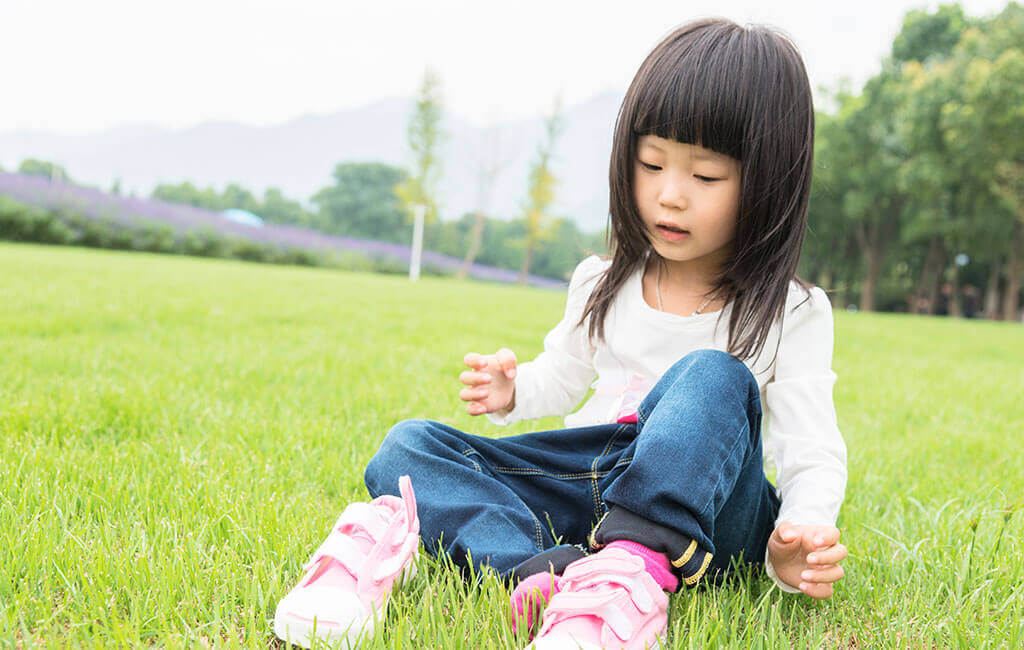Recently an article appeared in the New York Times authored by a reporter who had adopted two children from South Korea. She traveled to South Korea this Fall and met with several adult adoptees who had moved back to South Korea as adults in an attempt to reconnect with their pre adoption culture. Their views covered the spectrum of completely anti-adoption to okay with intercountry adoptions for some children in a limited number of situations.
Some of these South Korean adult adoptees had solid and secure relationships with their adoptive parents. At least on person interviewed spoke about her total estrangement from her adoptive parents.
The point of the article was to delve into the feelings and life changes these adults were experiencing in trying to assimilate back into South Korean culture and society. The article itself was rather anti adoption. It left me with more questions than answers.
I wonder why the author did not raise the specter of the lives these men and women would have lived if raised by their birth families. Would any of these children have had the educational opportunities they had with their U.S. families? How well have their birth siblings done? Do members of their birth families have the global travel choices they have had? Switching gears, did the author attempt to find South Korean adults who had been raised in institutions? What kinds of outcomes had they experienced? Were these children who were raised outside the protection of family care living stable lives?
Two of the quotes the author used to address the issue of corruption in intercountry adoption were over a decade old. One wonders if the author was working out her own personal issues rather than presenting a balanced and objective view of intercounty placements.
The story of this group of adoptees is not so different from the other millions of immigrants in the past two hundred plus years. In having the opportunities U.S. Citizenship provides, often language and culture are sacrificed. This mishmosh of immigrants from across the globe is what makes America vibrant and such a beautiful tapestry.
The adult men and women who were interviewed seemed to have little appreciation for the global benefits derived by them as a direct result of their adoptive placements. Taking the knowledge they gained growing up in the United States, each of them had the power to make choices they could never have experienced by remaining in a South Korean orphanage. Their complaints are “first world problems” as my sons would say.

